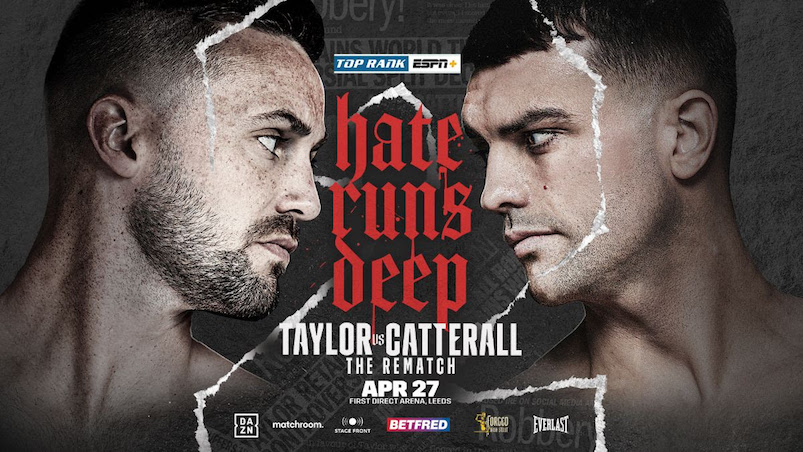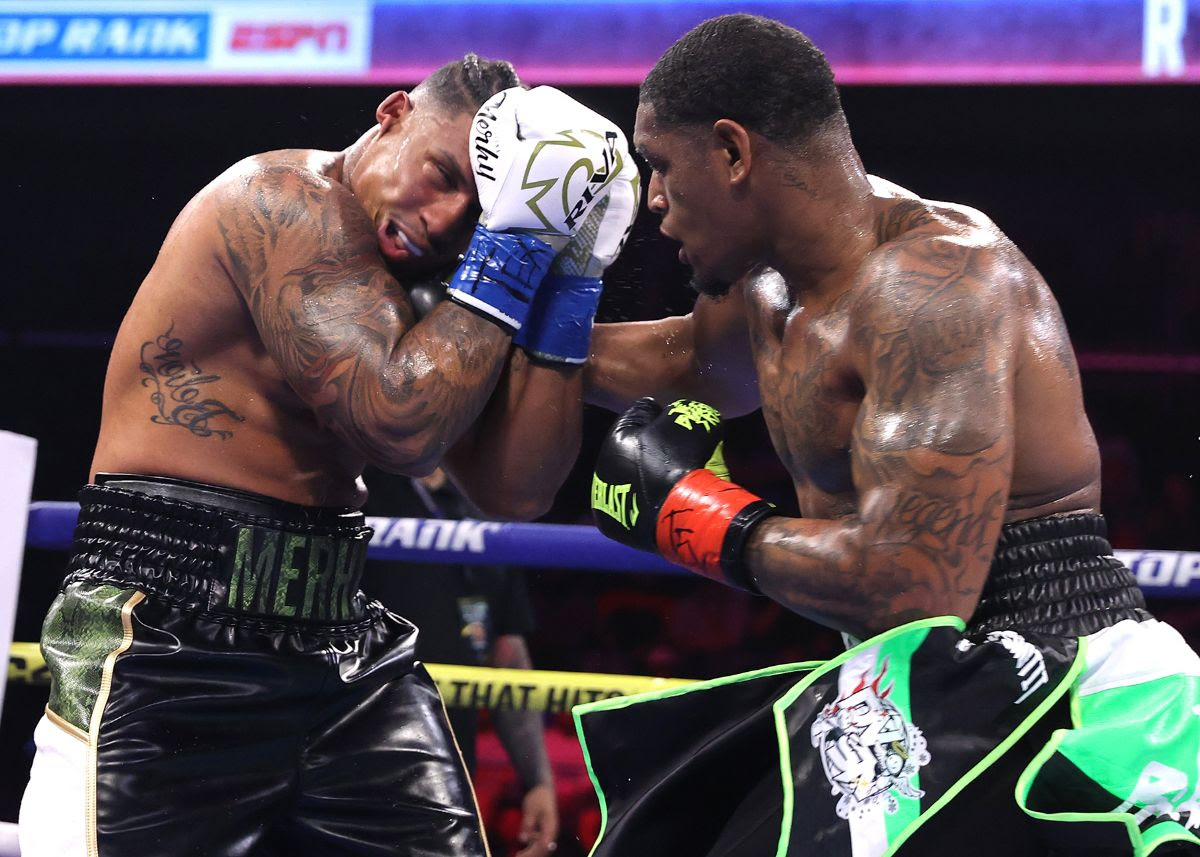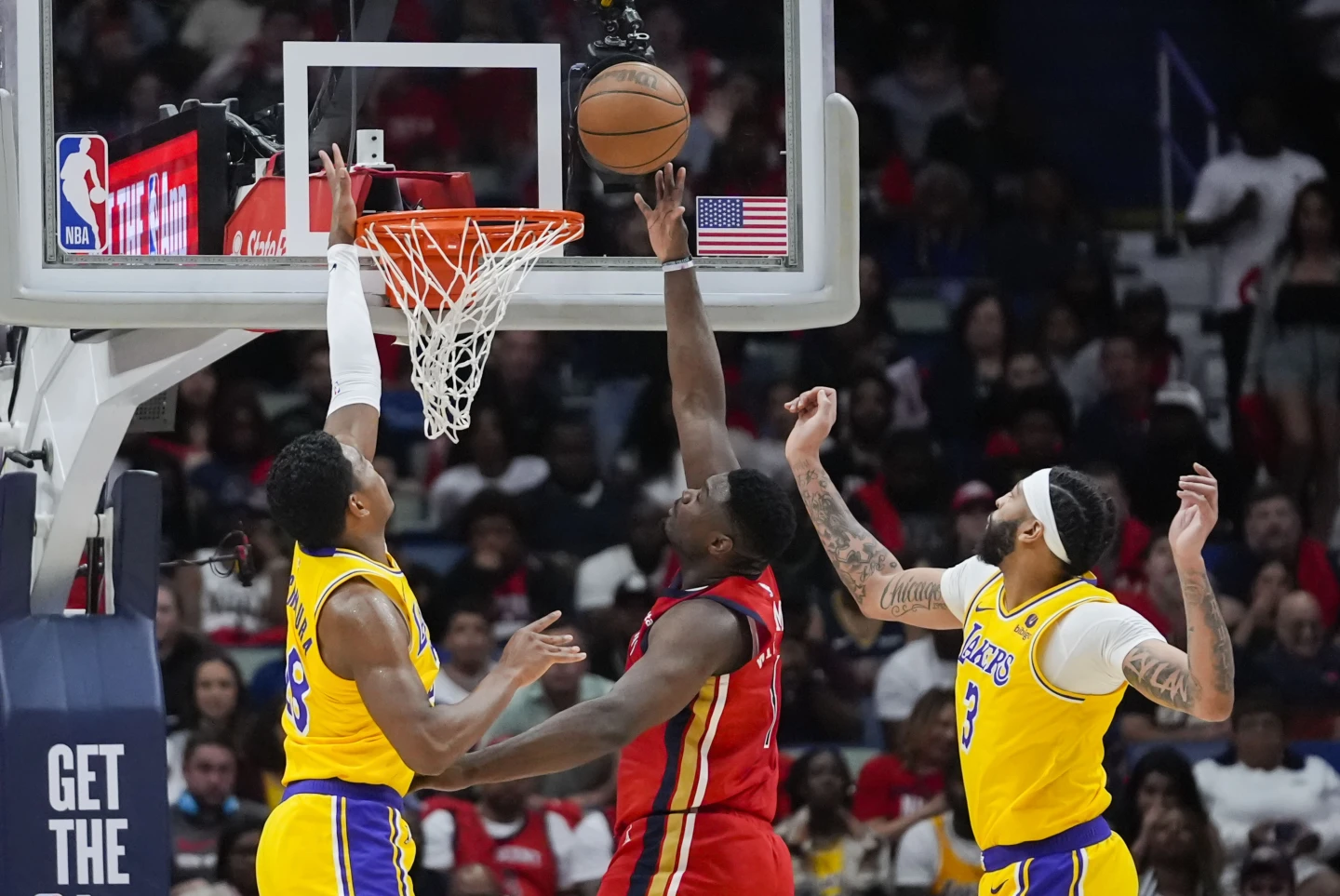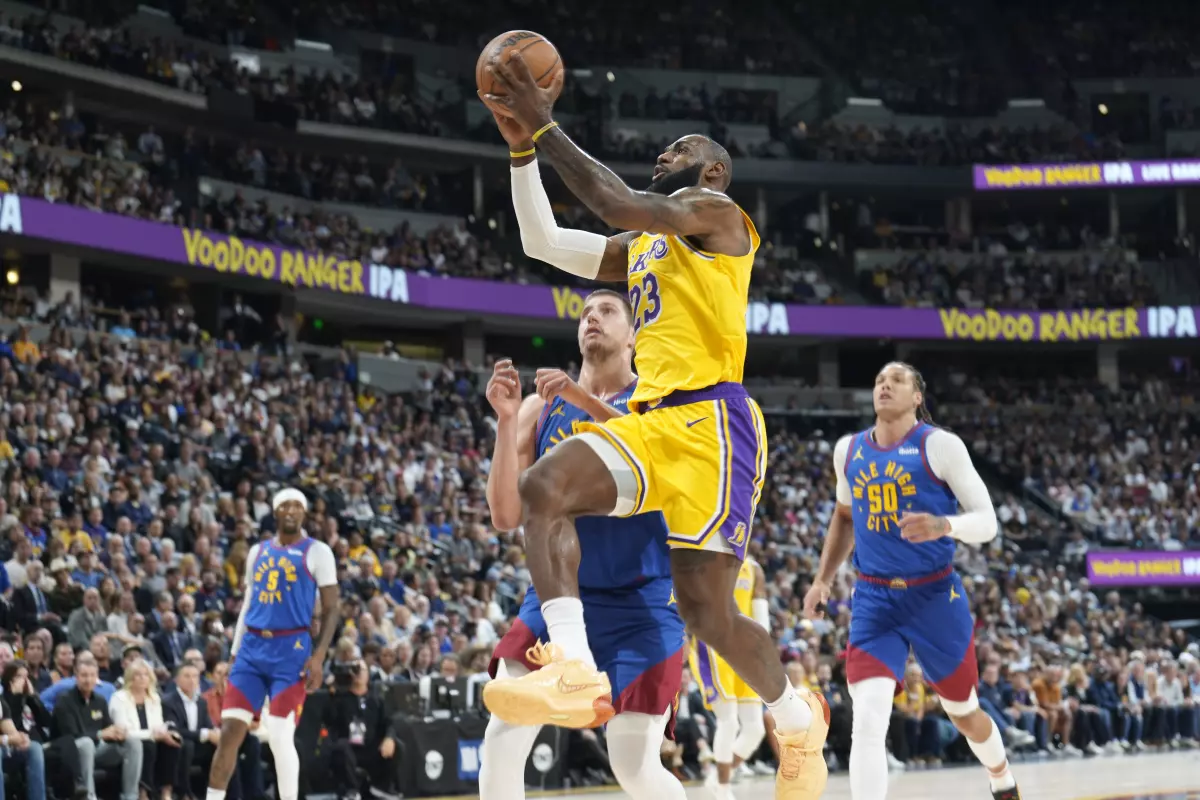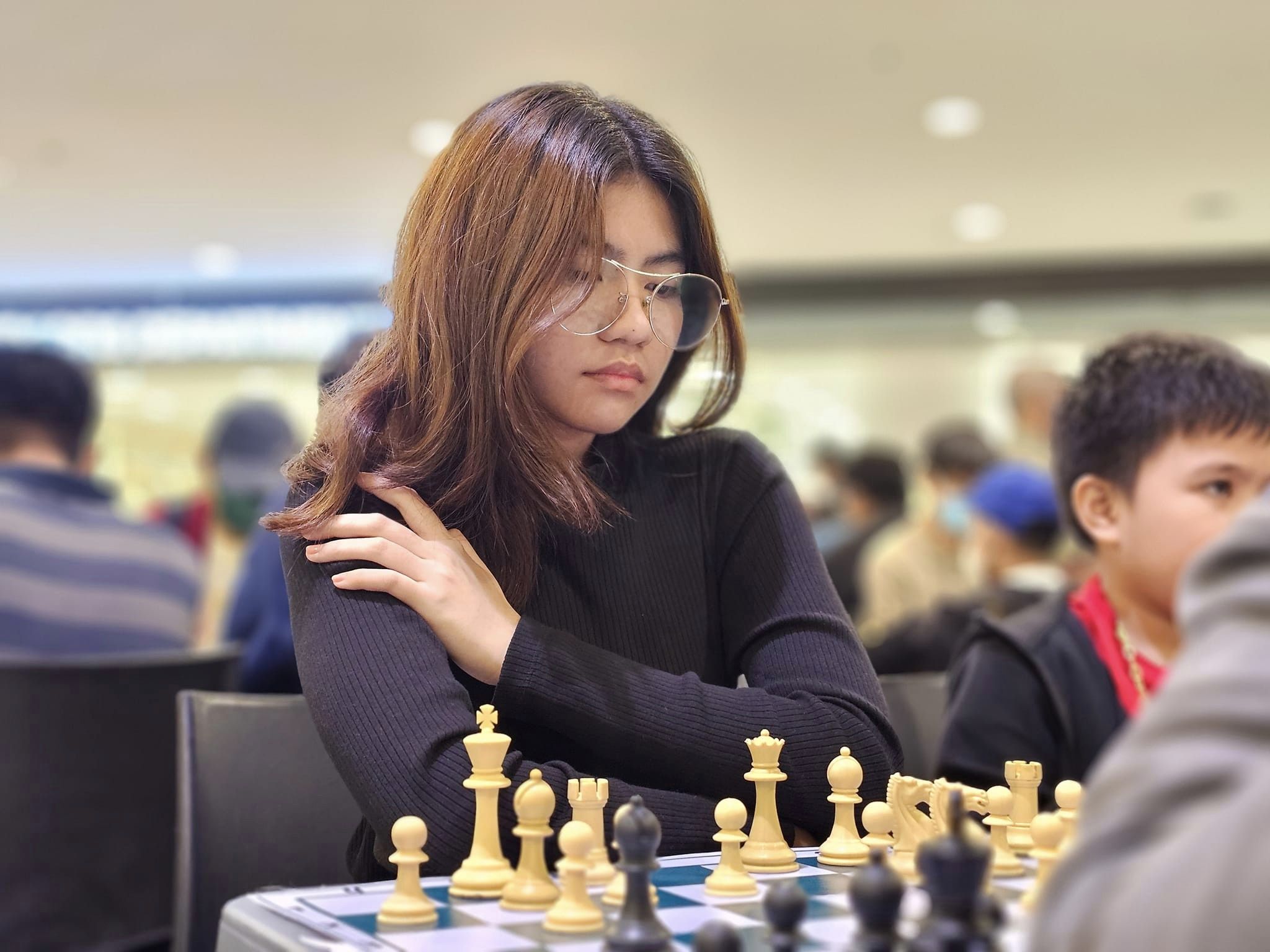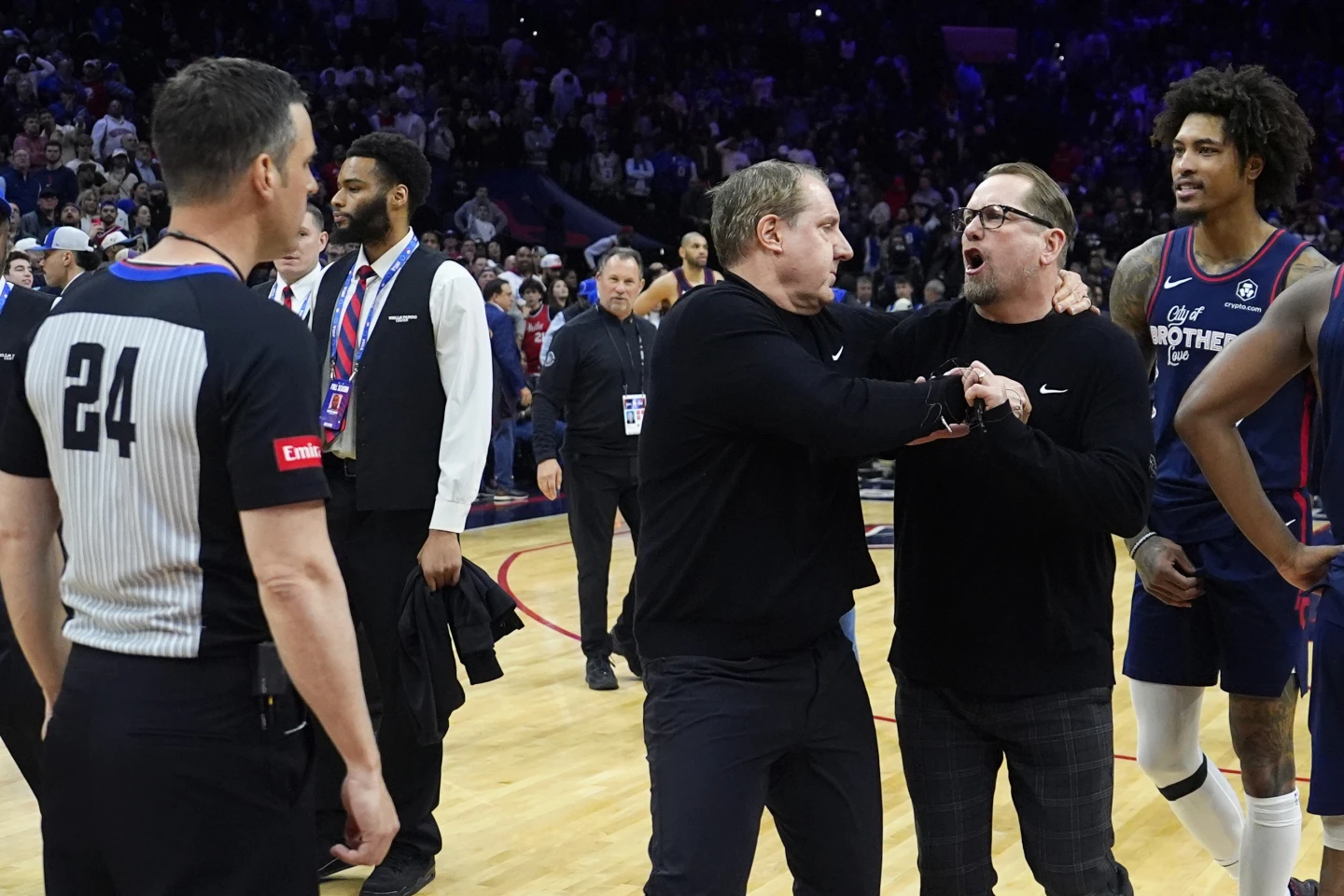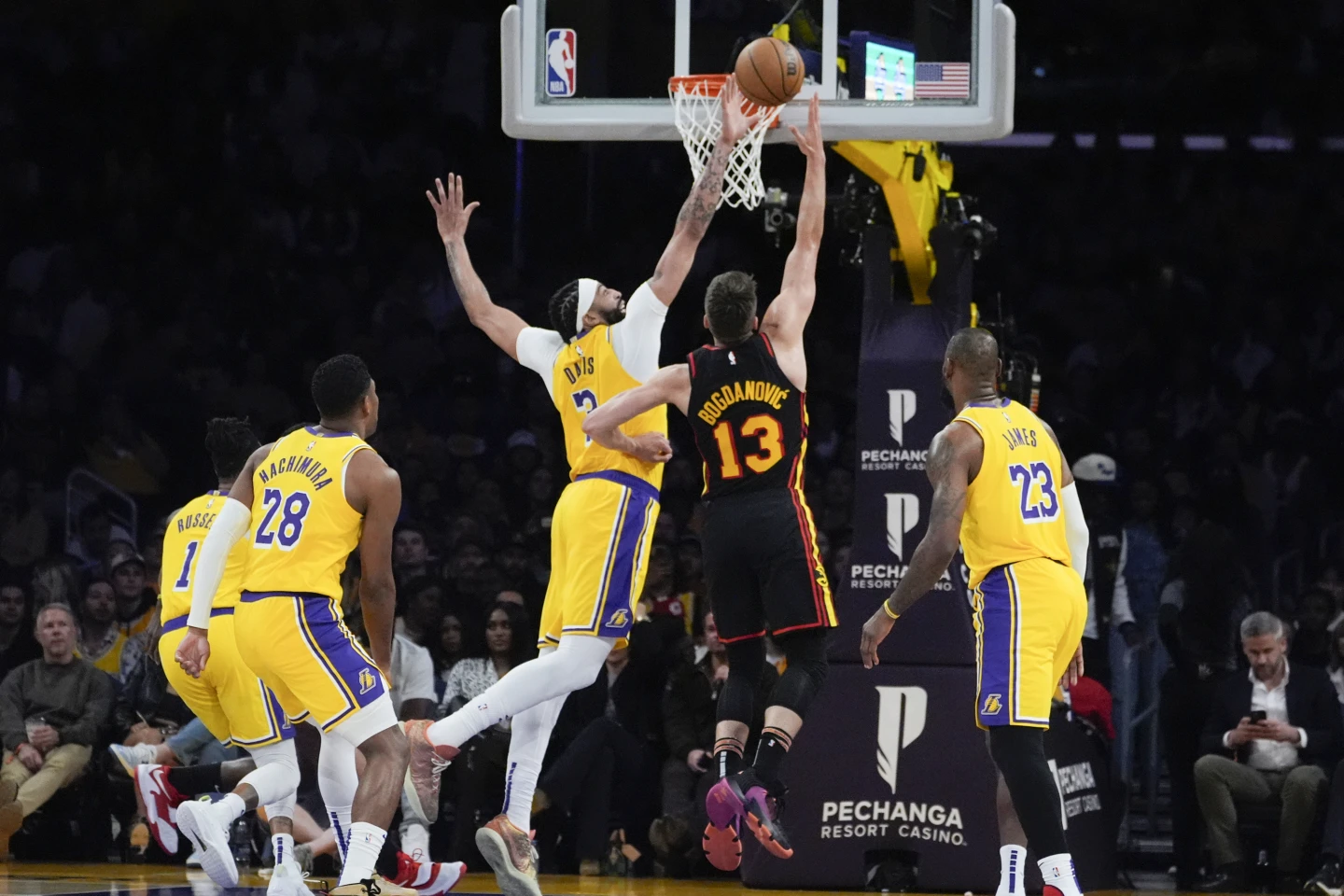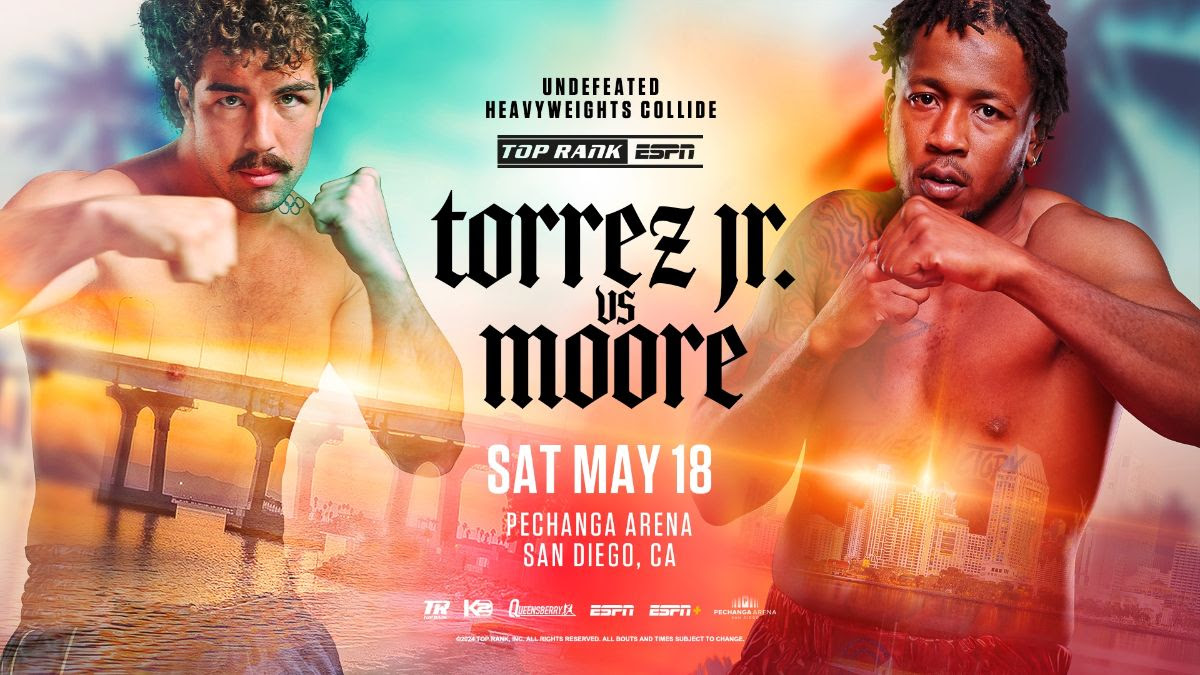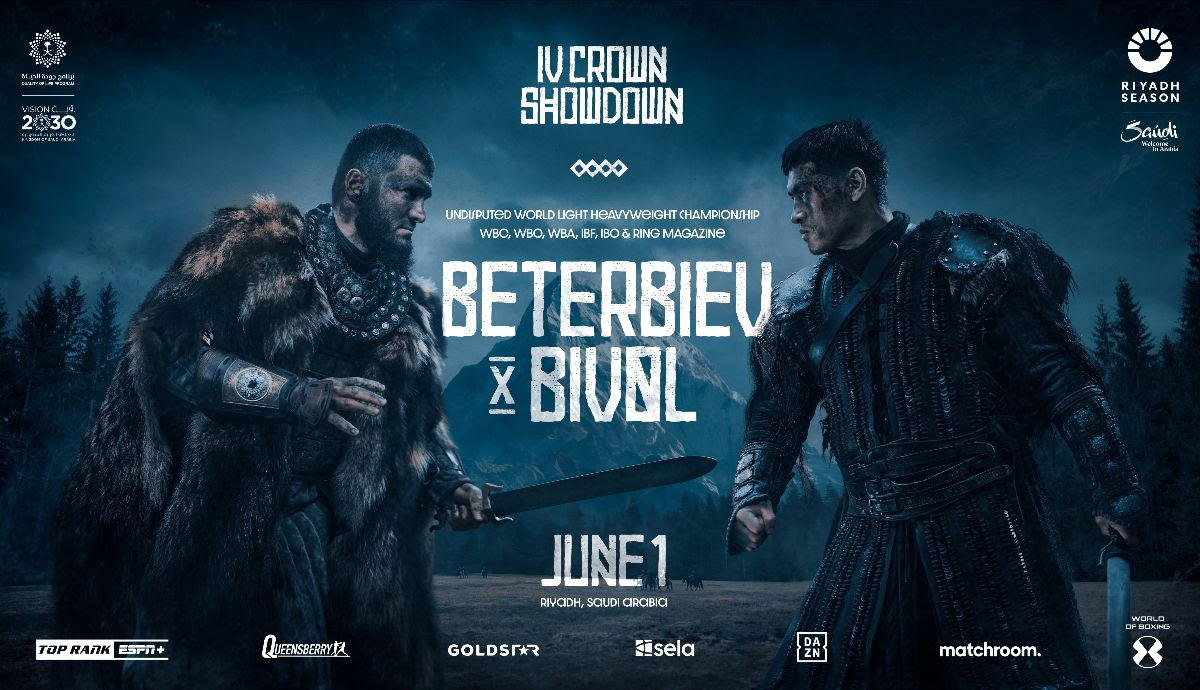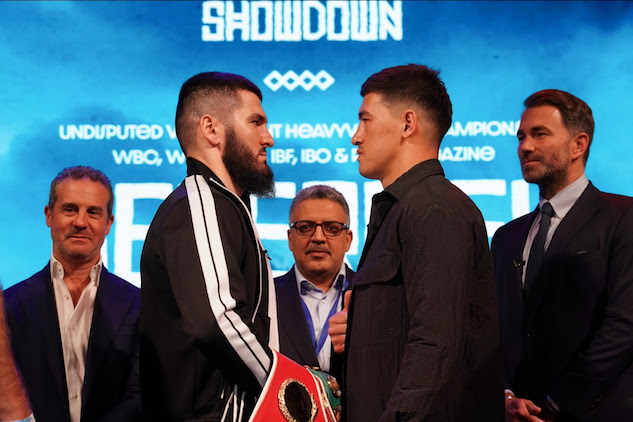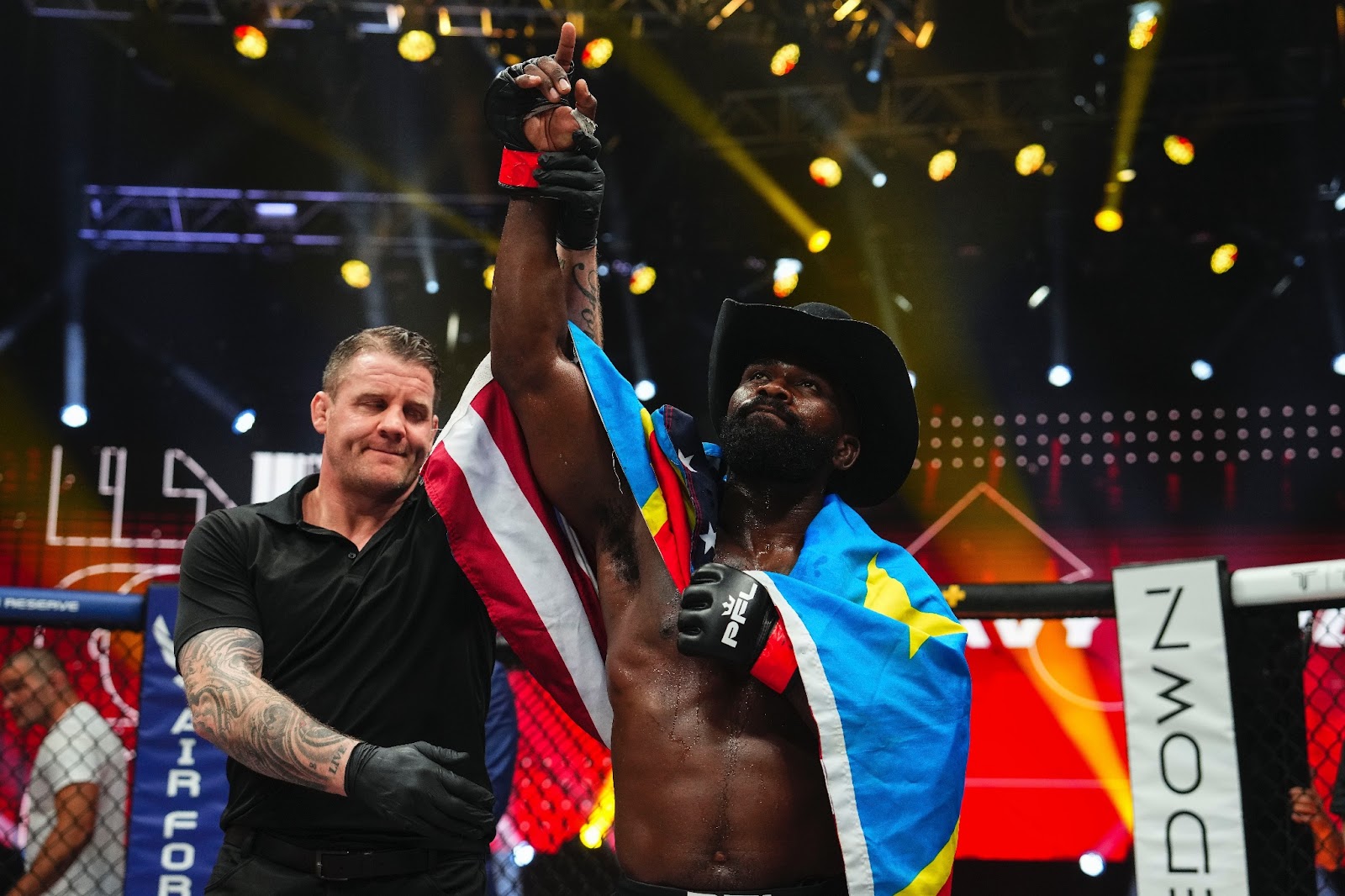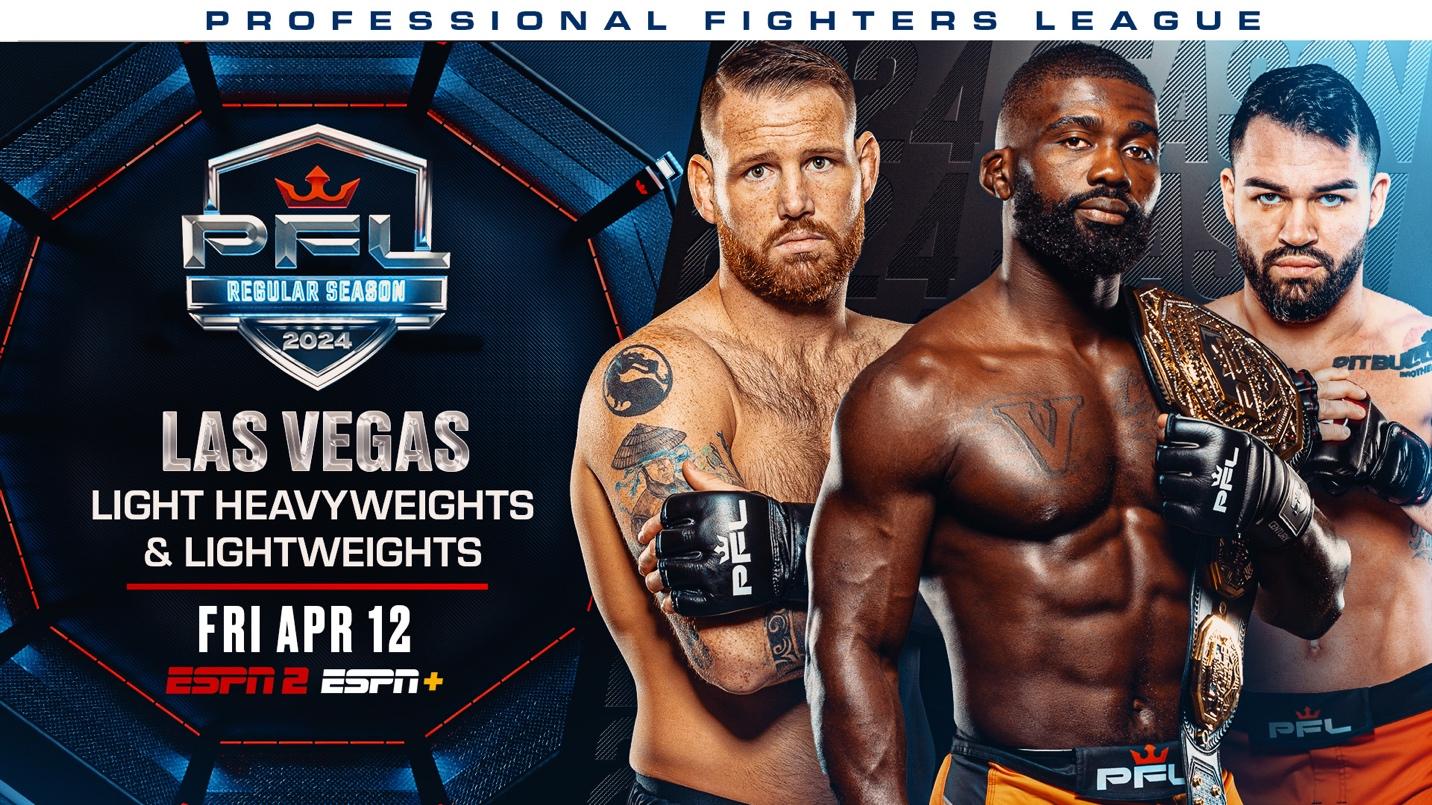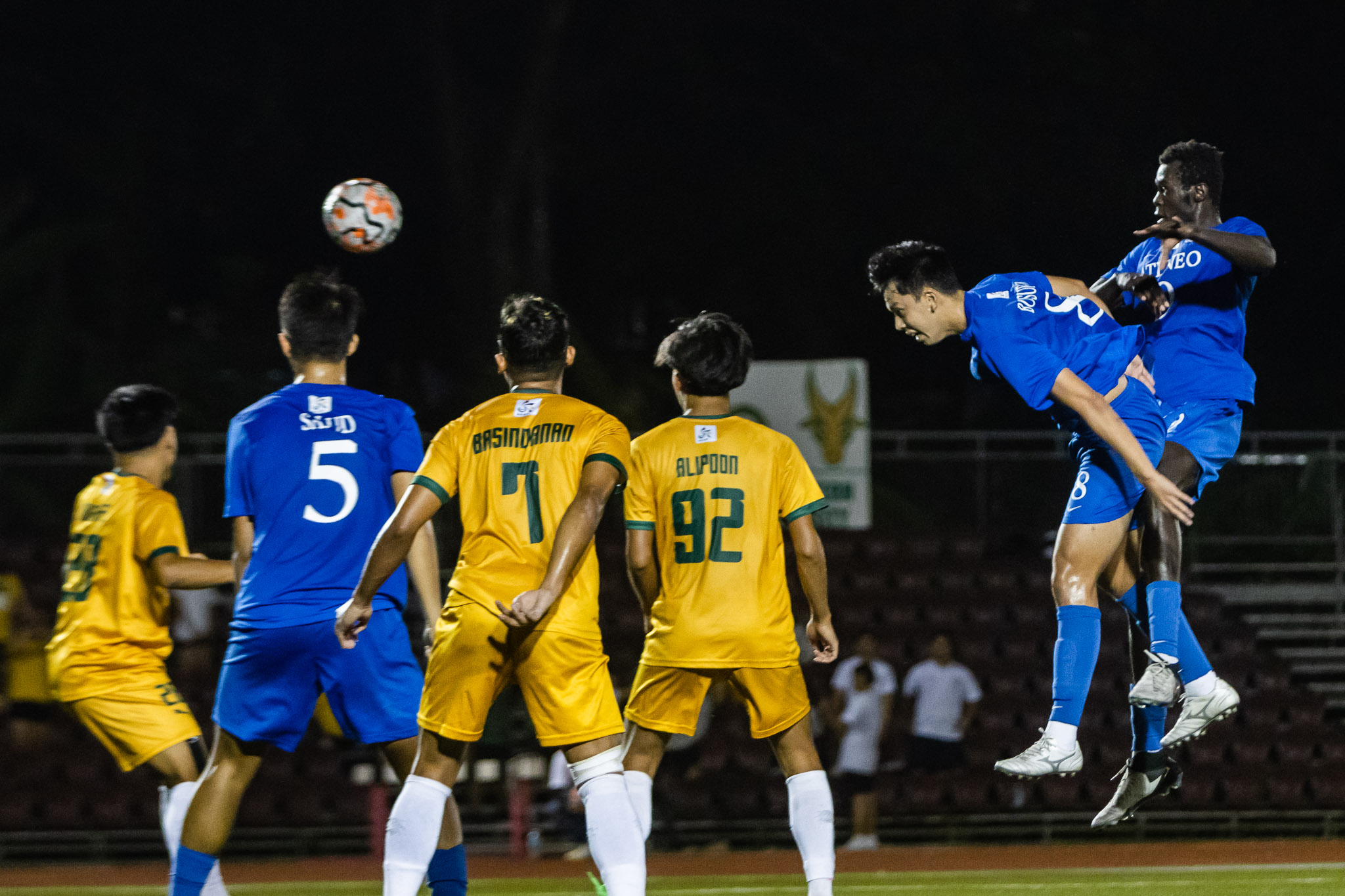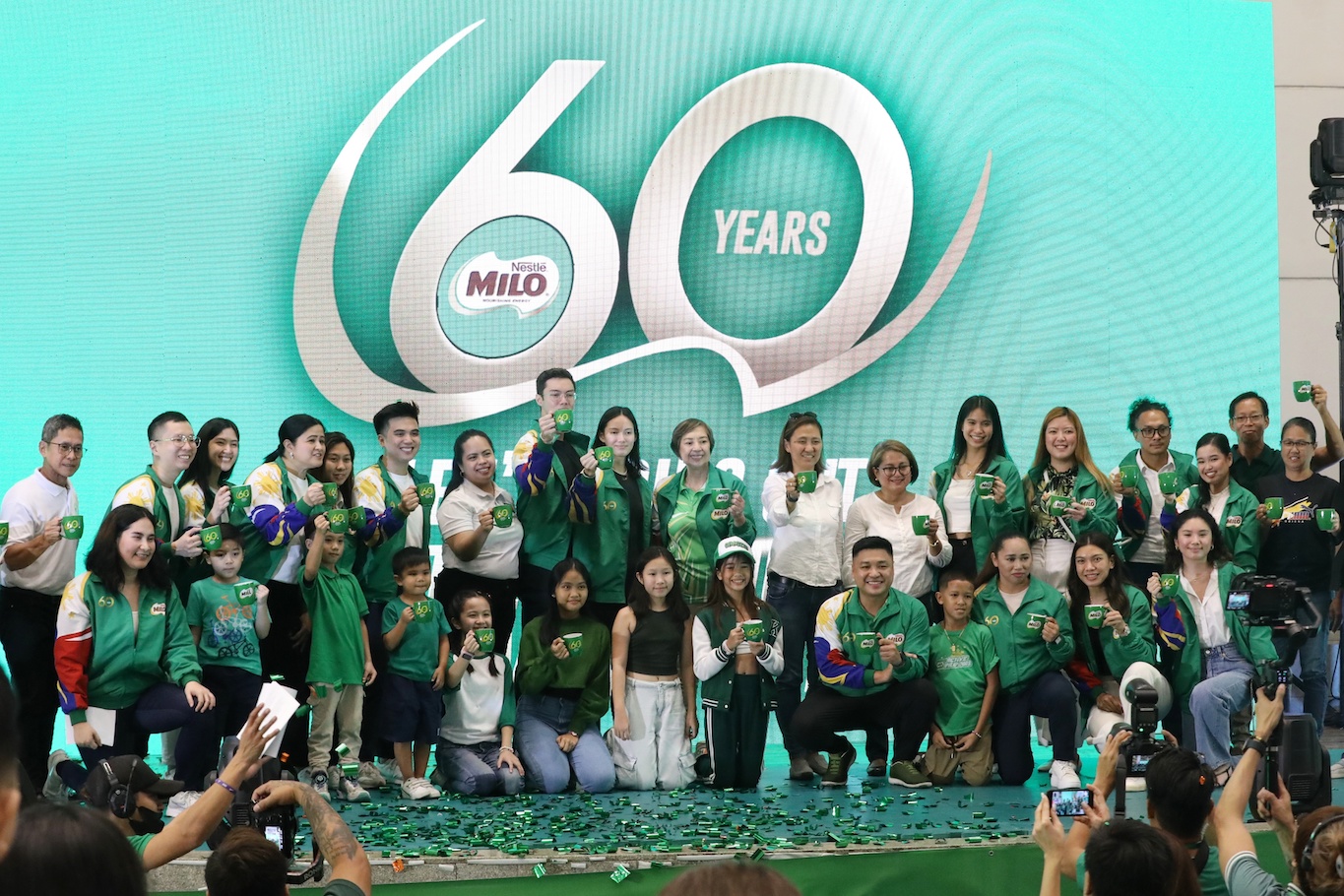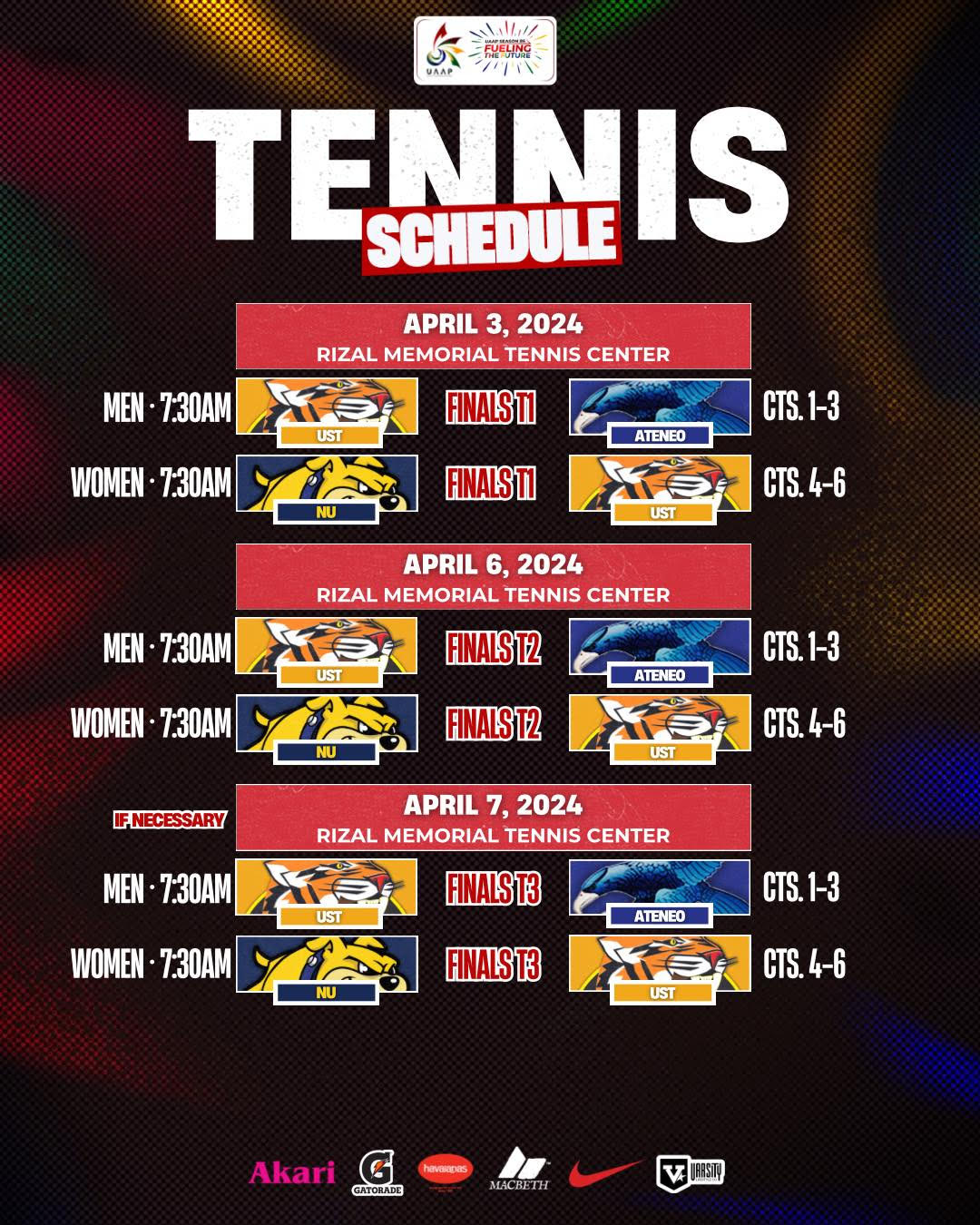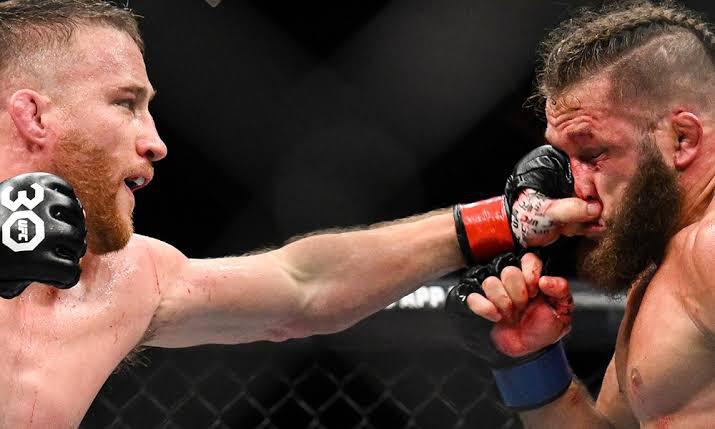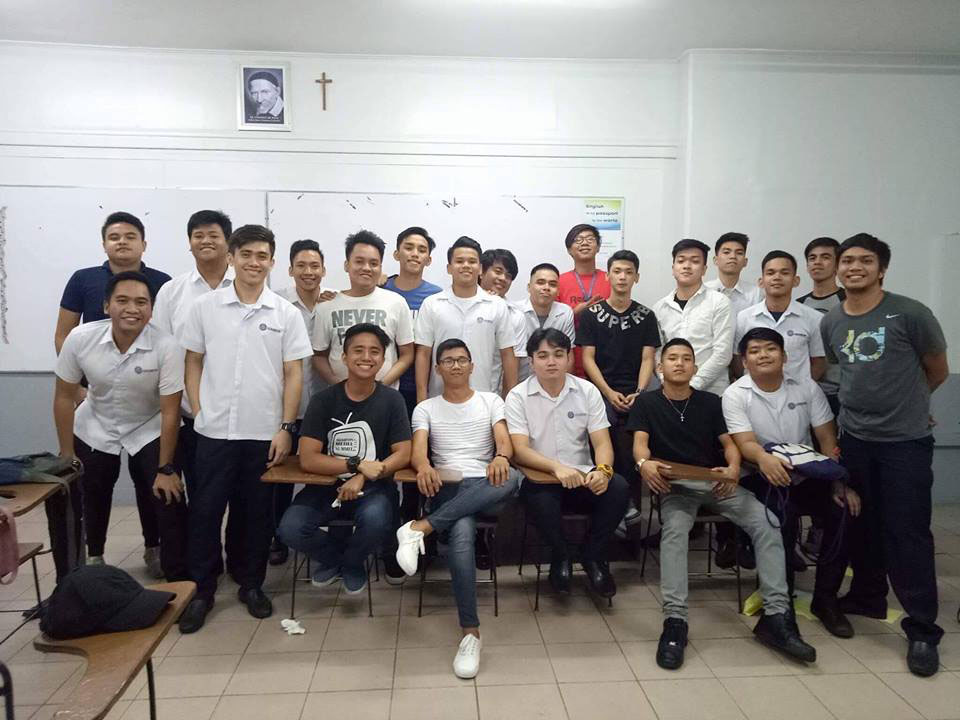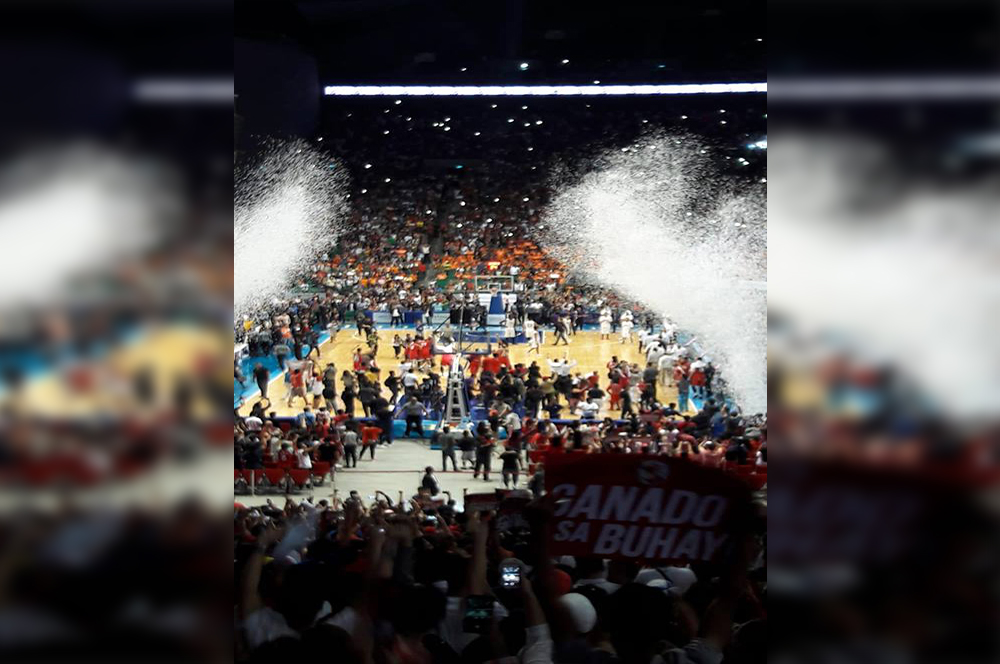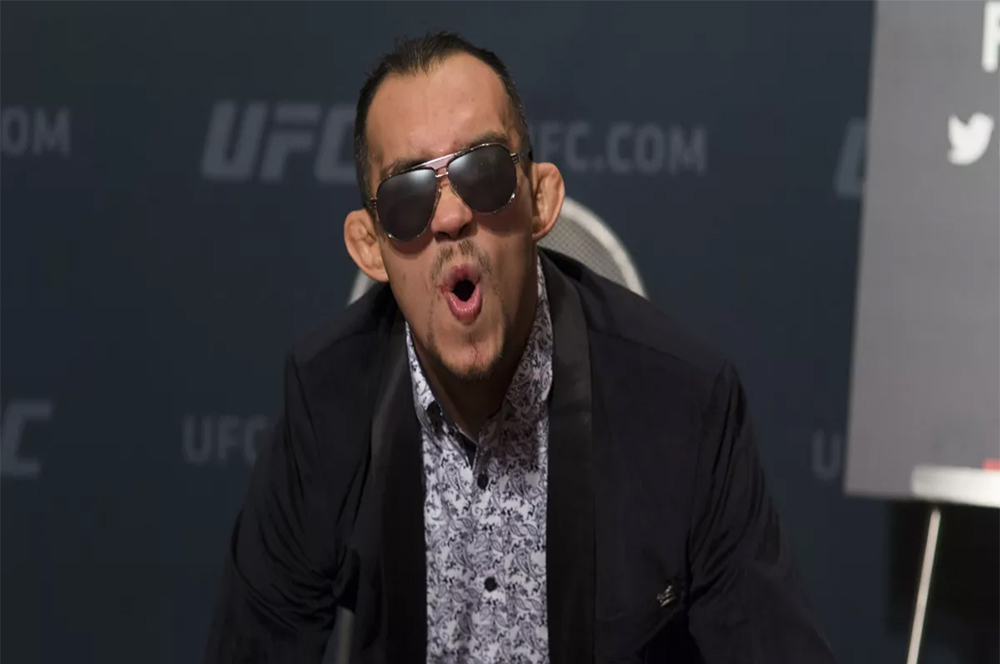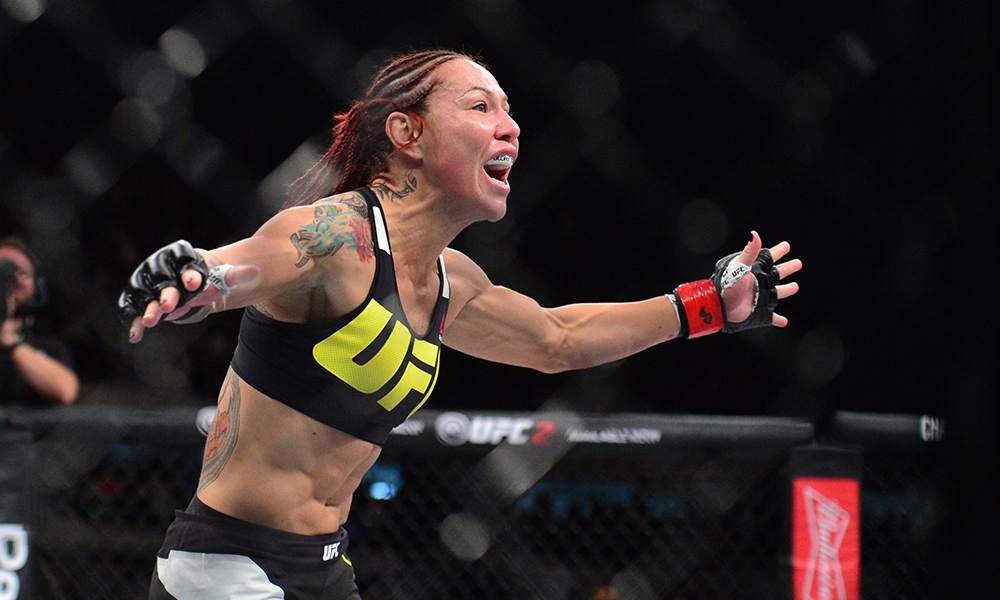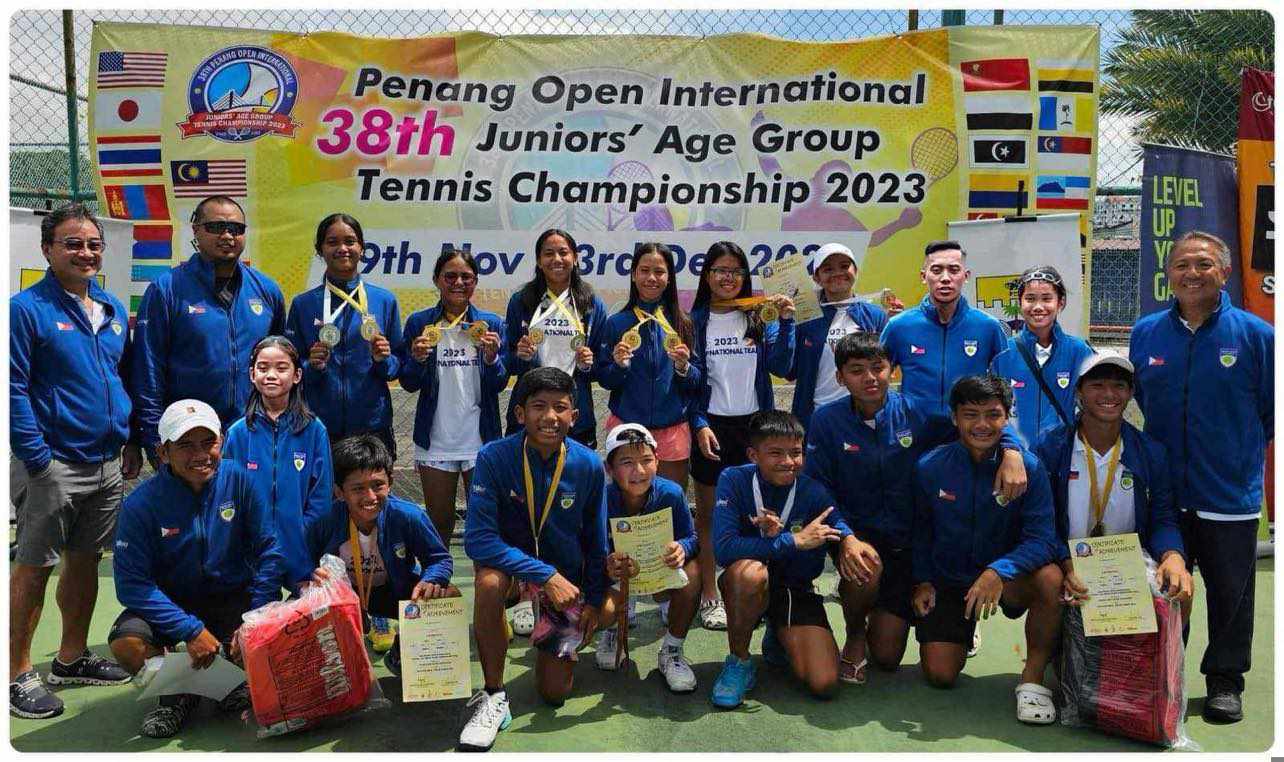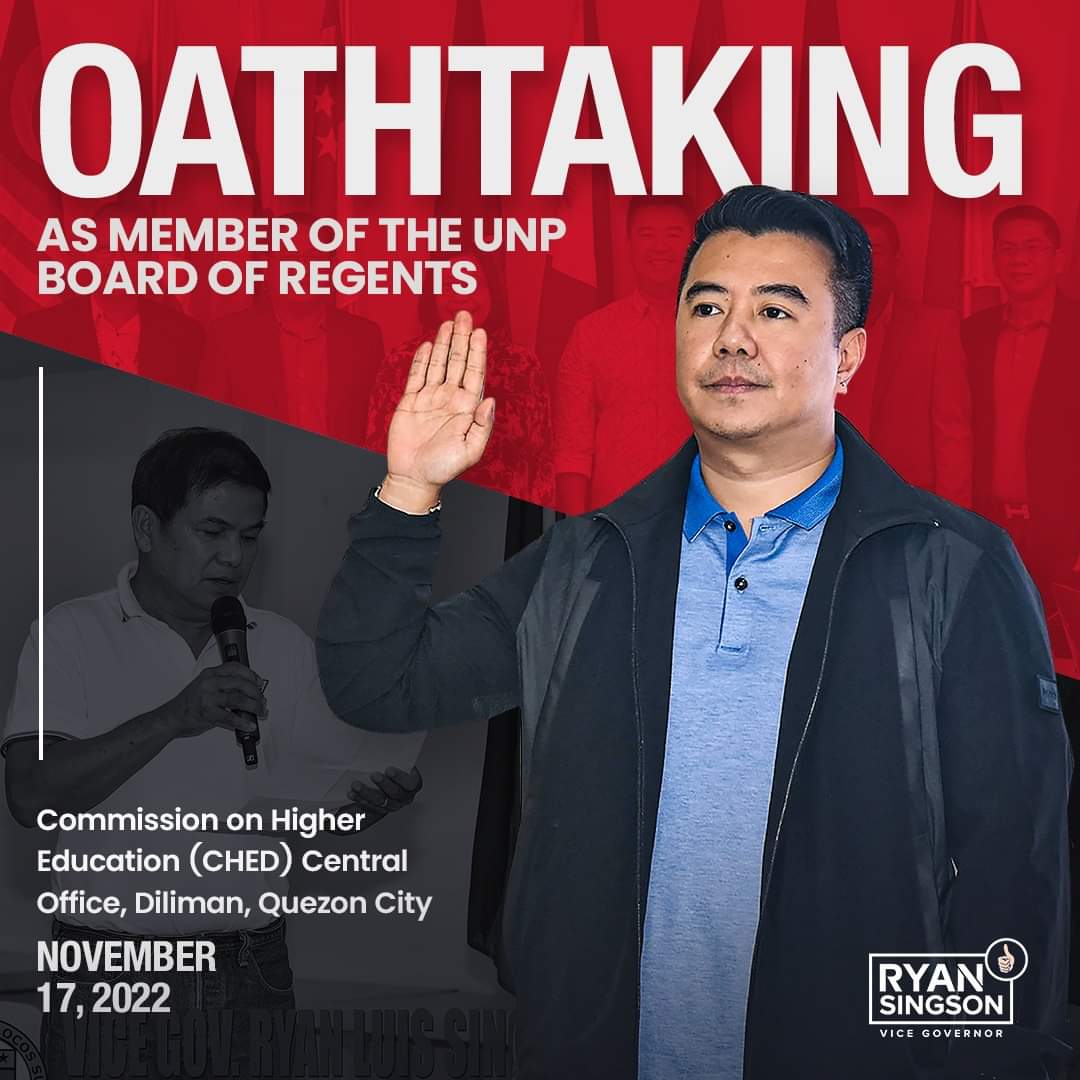The day that LeBron James announced for the second time that he was leaving his hometown team — is a date that will have an impact on the Cavaliers franchise for years to come.
But a date that arguably helped to seal this fate for the Cavs? June 19, 2017 — the day the Cavs and former general manager David Griffin decided to part ways.
A decision this big on James’ part certainly was not reached because of one factor or organizational decision, but it’s undeniable that Griffin not receiving a contract extension in the summer of 2017 was a serious breach of trust in the eyes of James — one that owner Dan Gilbert could ill-afford given his history with the franchise’s most impactful player.
A little background: Griffin’s contract was set to expire on June 30 last summer, and Griffin and the Cavs could not come to terms on a new agreement (Gilbert and all former GMs have been unable to reach extensions since he took over as majority owner in 2005). The team and Griffin decided to mutually part ways, with Griffin saying in a statement to ESPN that “the fit [was] not right” for him and Gilbert to continue working together.
The players were unsurprisingly shocked when the man who orchestrated the roster that took down the 73-win Warriors for the title in 2016 was not given a second contract.
With Griffin’s departure, the organization arguably paved the way for a series of missteps throughout the summer of 2017.
Next, of course, came the Kyrie Irving trade. Would Griffin still have traded Irving? It’s certainly possible, considering he said in a Sirius XM NBA interview last summer, “You don’t get to bring the house down from within and if you’re miserable, the worst thing you can do is hide it,” regarding Irving’s trade request.
But still, had Griffin had more time, it’s hard not to wonder if he would have been able to maneuver a deal for Paul George, or at least one better than what actually transpired. It is doubtful Griffin would have sent Irving to the rising Boston Celtics for an injured Isaiah Thomas, Jae Crowder, and a draft pick that in the end proved to be underwhelming.
James, of course, outwardly balked at the trade, and confirmed that he called management and asked them not to trade Irving.
”Even if you start back to the summertime where I felt like it was just bad for our franchise just to be able to trade away our superstar point guard,” James told ESPN’s Rachel Nichols in a sit-down interview prior to Game 1 of the 2018 NBA Finals. “A guy that I had been in so many battles with over the last three years, and obviously I wasn’t a part of the communications and know exactly what went on between the two sides. But I just felt like it was bad timing for our team.”
As a result of the trade that looked worse with each passing day as the new additions showed an inability to adapt, James was forced to carry more of the offensive load than he had in the three years prior.
But even though Griffin was gone this past year, he was hardly gone from James’ mind. In fact, following Game 4 of the Eastern Conference Finals, James credited Griffin, talking about the importance of the Kyle Korver trade in the 2017 season. If you’ll recall in Game 4, Korver had 14 points, three blocks and a big diving-on-the-floor play that served as a momentum changer in the Cavs’ 111-102 win.
“I’ve loved Kyle ever since we made the trade to get him here,” James said. “I have no idea how Griff was able to pull that off still to this day.”
Griffin’s tenure in Cleveland was naturally far from perfect (after all, there’s a reason Tristan Thompson and J.R. Smith have the contracts they do); however, his willingness to make moves, his understanding of the importance to win now with James on the roster, and his relationship with the franchise’s most important player were all aspects of his tenure that made him an invaluable part of the operation.
Perhaps one of the best examples of this goes back to Smith, when the Cavs originally traded for him in the 2014-15 season. The Knicks essentially threw him into a deal when Cleveland wanted Iman Shumpert, and while there was hesitancy on the Cavs’ part to accept the offer, Griffin approached James about the potential move.
“Get him here, and I’ll take care of it,” James told Griffin at the time.
Ultimately, this highlights the trust and communication that existed between the two sides throughout Griffin’s tenure in Cleveland.
James, of course, had every right to decide to leave again — and there were certainly multiple factors that went into his decision: his family, life after basketball, working with Magic Johnson (someone who has successfully navigated that life after basketball in a way that James certainly hopes to), a roster with slightly more potential and playing for a storied franchise, to name just a few.
Ultimately, when Griffin and the Cavs parted ways, the Cavs lost perhaps one of the only buffers and voices that James trusted in the front office. When James returned in 2014, it wasn’t because he and Gilbert healed all of their old wounds from that 2010 Comic Sans letter — it was because both parties were willing to put past differences aside in order to bring a championship to Cleveland.
To his credit, Gilbert was willing to spend to win now throughout the last four seasons. But in the end, the relationship between Gilbert and James was never truly repaired to a point where star trusted owner in the same way that James trusted Griffin.
When you consider all that has transpired since June 19, 2017, it’s hard not to wonder if Griffin was the linchpin necessary to keep James content in Cleveland rather than seeking out that same contentment elsewhere.
Clarification: A previous version of this article was not clear that the Cavs and ex-GM David Griffin parted ways mutually. The article has been updated to make that fact clear.


